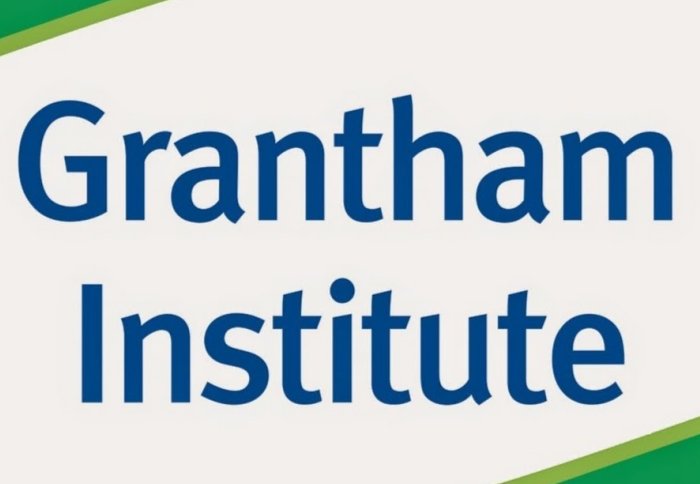Andreas Kafizas awarded lectureship and Royal Society Research Grant

Dr Andreas Kafizas, currently a Junior Research Fellow in the Chemistry Department at Imperial College, has been awarded a lectureship.
Andreas will start his lectureship at the Grantham Institute for Climate Change at Imperial College in October 2018. His main role will be to contribute to the Institute's MRes programme.
He will maintain his research group in Chemistry, and will be part of the move to Imperial West in the Spring.
Research into Photocatalytic Coatings
Andreas's research will focus on the development of low cost and durable coatings that use sunlight to drive useful chemistry. His group will be looking at three processes:
- Water splitting for the renewable generation of hydrogen fuel - in collaboration with the James Durrant group (Chemistry Department, Imperial College)
- CO2 reduction for the the renewable generation of carbon-based fuels and useful feedstocks - in collaboration with the Camille Petit group (Chemical Engineering Department, Imperial College) & the Geoffrey Ozin group (Chemistry Department, University of Toronto)
- NOx oxidation for the purification of polluted city air - in collaboration with the Andrew Mills Group (Chemistry Department, Queen's University Belfast).
He will continue to collaborate with the Nic Harrison (Chemistry, Imperial College) and Aron Walsh (Materials, Imperial College) groups on using computational modelling and machine learning tools to get a better understanding of how out materials work and how we can improve them. He will also continue to work with the Martyn McLachlan group (Materials, Imperial College), Jenny Nelson group (Physics, Imperial College) and Dominik Weiss (Earth Science, Imperial College) and Ivan Parkin group (Chemistry, UCL) on the development and understanding of photocatalytic materials.
Royal Society Research Grant
Andreas has recently been awarded a Royal Society Research Grant (£20,000). This will fund work on "Light-activated coatings for the abatement of nitrogen oxides in city air."
Nitric oxide (NO) and nitrogen dioxide (NO2) are gases that are released into the atmosphere when fossil fuels are burnt (NO + NO2 = NOx). NOx emissions cause a range of health and environmental problems. They are responsible for urban smog, and are a major contributor to acid rain; harming crops and aquatic life. Road transport is the largest source of NOx in the UK. In order to improve air quality, the UK and EU have set limits on NO2 levels; however, these targets are not achieved in highly polluted and congested areas (e.g. London). The European Commission has issued the UK with a final warning for consistently failing to meet these targets.
Titanium dioxide (TiO2) is a photocatalyst, and can oxidise organic matter under the action of light. TiO2 can oxidise NOx in polluted air into benign compounds. Therefore, one potential application of TiO2 are in coatings that can be placed on the façade of buildings to purify city air. However, their widescale use have been held back by the low efficiency in which they use sunlight to drive this chemistry. Nevertheless, recent studies have shown that their efficiency can be drastically improved when TiO2 is coupled with other photocatalytic materials.
The core of this project is to develop new, economical and scalable routes to highly active coatings capable of driving NOx oxidation. We will make these coatings using a method that is industrially compatible, so that promising materials can be grown upscalably using existing infrastructure. The RS Research Grant will provide the necessary funding to establish a NOx testing apparatus at Imperial College.
Article supporters
Article text (excluding photos or graphics) © Imperial College London.
Photos and graphics subject to third party copyright used with permission or © Imperial College London.
Reporter
Dr Steph Pendlebury
Faculty of Engineering